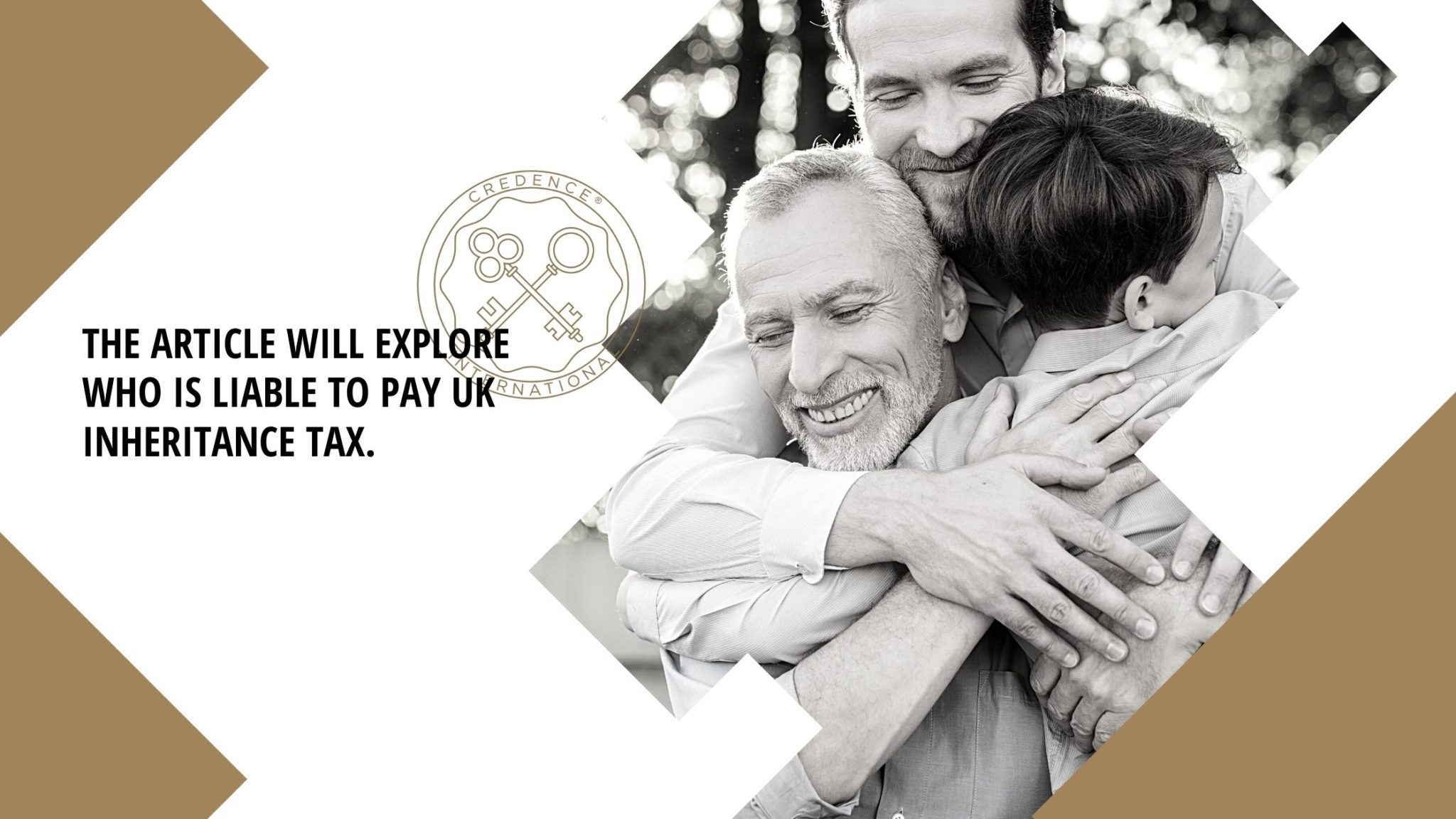Who is liable to pay UK Inheritance Tax?
For people with a British Domicile, Inheritance Tax is a major financial planning consideration. However, for expatriate Brits, there is often confusion on the topic as to whether their overseas residency status makes them exempt. This article seeks to dispel some of the confusion on the topic by looking at who is required to pay UK Inheritance Tax.
Inheritance Tax is a tax charged on the estate of a person who has died. We will firstly cover over what is meant by an ‘estate’, following this, the article will explore who is liable to pay UK Inheritance Tax.
What is an ‘estate’?
An estate is everything comprising the net worth of an individual, including all land and real estate, possessions, financial securities, cash, and other assets that the individual owns or has a controlling interest in.
How much tax is due on the estate of the deceased?
There is normally no tax to pay in the event that the value of the deceased’s estate is below the £325,000 threshold, or where everything is left to the spouse or civil partner of the deceased, a charity or an amateur sports club.
Certain individuals will benefit from an additional £175,000 if the deceased’s estate is eligible for the residence nil-rate band.
Where the value of the estate is above £325,000 and the estate is not passed to a charity, spouse, or amateur sports club, there is a 40% tax to pay on anything which exceeds the £325,000 threshold.
Are expatriate Brit’s exempt?
If you are of UK domicile, irrespective of where you live in the world, your estate will be tested against Inheritance Tax upon your death.
Paying a large Inheritance Tax bill is for the most part, avoidable, with good financial planning.
However, there are two main reasons why expatriate Brit’s often end up paying a large Inheritance Tax bill on their estate.
The first is inertia.
The second is due to a lack of understanding of who is subject to pay Inheritance Tax. As we mentioned above, those with a British domicile will have their estate tested against Inheritance Tax.
But what is meant by Domicile?
Your country of domicile is the country in which you have a permanent home or a substantial connection. Upon birth you are automatically assigned the domicile of your father, this is known as your domicile of origin.
You will retain your domicile forever unless you obtain a new domicile. Simply moving overseas is often not enough to change your domicile. In most cases, you will need to take direct action to change your domicile.
Tax-efficient Inheritance planning
Inheritance Tax is often described as a ‘voluntary’ tax, simply because so many people end up paying it due to sheer inertia.
Thankfully, there are a collection of ways in which people can avoid Inheritance Tax legally.
Credence International specialises in helping our clients minimise their eventual Inheritance Tax liability. This advice is given on a case-by-case basis. If you would like to learn more about any of the issues raised within this blog click on the link below to request a complimentary consultation with an expert.

